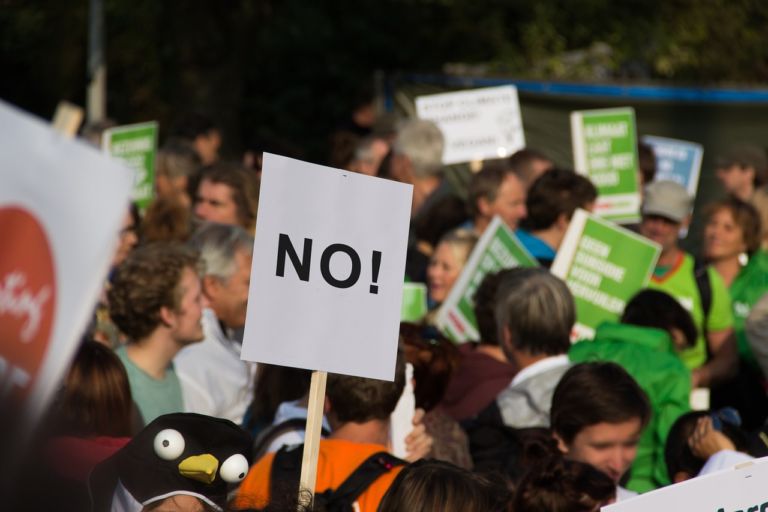Aaron Sibarium of the Washington Free Beacon documents a disturbing trend in one of the world’s oldest academic fields.
Princeton University’s alumni magazine reported in late May that classics majors at the Ivy League school would no longer be required to learn Greek or Latin. One impetus for the change, the department’s director of undergraduate studies said, was “the events around race that occurred last summer,” which lent “new urgency” to discussions about reducing requirements for the major.
But three days later, the justification had shifted from politics to pragmatism. The classics department said in a statement that the change was intended to grow the field “by removing barriers to entry.” And Michael Flower, the department chairman, told the Washington Free Beacon that it was a form of self-preservation.
“When I first came to Princeton our major was bursting with students who had studied Greek and Latin in private and public high schools,” Flower said. “Now most of them major in Computer Science, Engineering, or Economics. We are doing what we can to preserve Classics in a very competitive market place.”
Only 9 Princetonians earned a classics BA in 2020 out of a class of more than 1,300 students, the lowest number in years. Though the department has more than enough money to survive indefinitely, its prestige depends on its personnel: If it loses too many talented students, it may lose talented researchers and slide in the rankings, where it currently occupies a top spot.
The justifications reflect dueling accounts of what ails classical education, which has experienced sharp declines in enrollment since the 1970s. One narrative attributes this attrition to identity politics and postmodernism, which killed classics by demonizing the “dead white men” who wrote them. The other centers on corporatization and careerism, with students ditching the humanities for majors that promised marketable skills.
These accounts aren’t mutually exclusive, though, but rather two sides of the same story—one in which economic and political pressures worked in tandem to hollow out the humanities.


